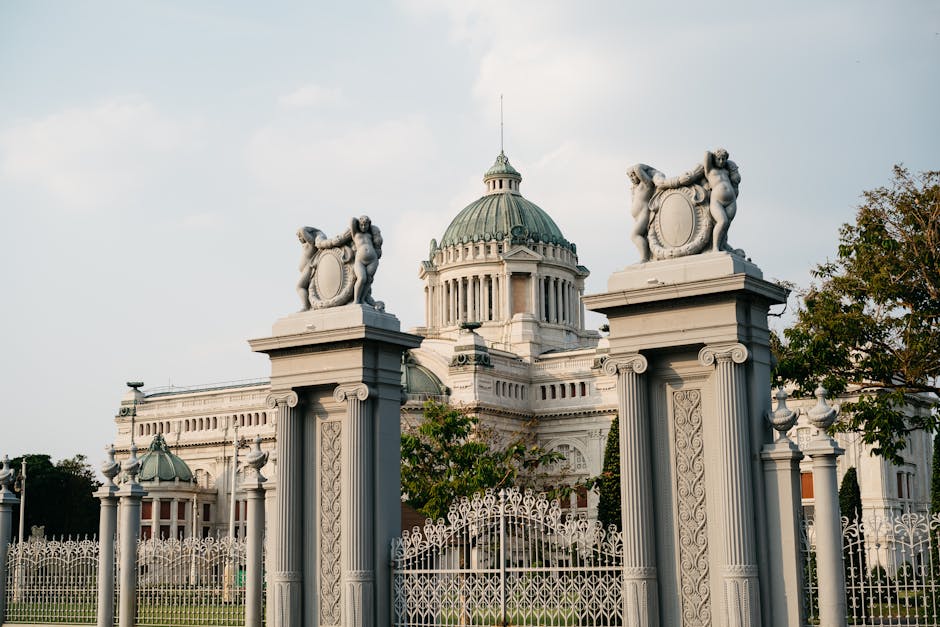A pall of grief has descended over the Kingdom of Thailand as the Royal Household Bureau announced the passing of Her Majesty Queen Mother Sirikit, the revered widow of the beloved King Bhumibol Adulyadej. She was 93.
The official announcement confirmed that Thailand’s Queen Mother Sirikit dead at 93 had passed away peacefully, marking the end of an era for a nation that saw her as the steadfast “Mother of the Nation” for over seven decades. For generations of Thais, Queen Sirikit was more than just royalty; she was an enduring symbol of grace, compassion, and the very soul of Thai culture.
An End of an Era
Born Mom Rajawongse Sirikit Kitiyakara in 1932, her life was one of extraordinary destiny. The daughter of a Thai diplomat, she spent much of her youth in Europe, where she met the young King Bhumibol Adulyadej in Paris. A whirlwind romance blossomed, and they were married in a lavish ceremony in Bangkok just a week before his coronation in 1950.
Together, they formed a formidable partnership that would define modern Thailand. While King Bhumibol was the revered “Father of the Nation,” a figure of immense moral authority, Queen Sirikit was his constant companion and the nation’s chief diplomat of charm and culture.
Champion of the People and Thai Culture
Her elegance and impeccable fashion sense made her a global icon, often compared to contemporaries like Jacqueline Kennedy and Queen Elizabeth II. But her influence ran far deeper than style.
Queen Sirikit dedicated her life to the welfare of the Thai people, especially those in impoverished rural areas. She was the driving force behind countless charitable initiatives and foundations. Her most visible legacy is perhaps the revival and global promotion of traditional Thai silk. By championing local weavers and turning their craft into a high-fashion commodity, she provided a sustainable livelihood for thousands of families, preserving a vital piece of Thai heritage.
A Symbol of Stability and Grace
Her role extended into being a figure of stability during Thailand’s often-turbulent political history. Alongside her husband, she was seen as a unifying force, providing a sense of continuity and calm through numerous coups and periods of unrest. Her annual birthday on August 12th is celebrated as Mother’s Day across Thailand, a testament to the deep affection and reverence in which she was held.
In recent years, the Queen Mother had largely withdrawn from public life due to failing health, particularly after the death of her husband in 2016. Her passing, while not entirely unexpected, officially closes one of the most significant chapters in Thailand‘s history. She leaves behind her son, the current monarch King Maha Vajiralongkorn, and a nation that will now begin a period of official mourning.
A Nation in Mourning
As Thailand prepares for a grand state funeral befitting a queen of her stature, the world will remember her as an icon of glamour and grace. But for the Thai people, the loss is far more profound. They have lost their Queen, their champion, and the woman who, for 70 years, was the unwavering, beating heart of their nation. Her legacy is etched not just in the palaces of Bangkok, but in the silk threads of a village loom and in the hearts of millions.




